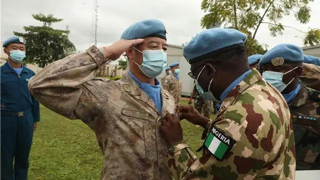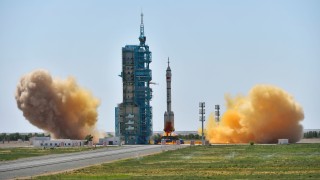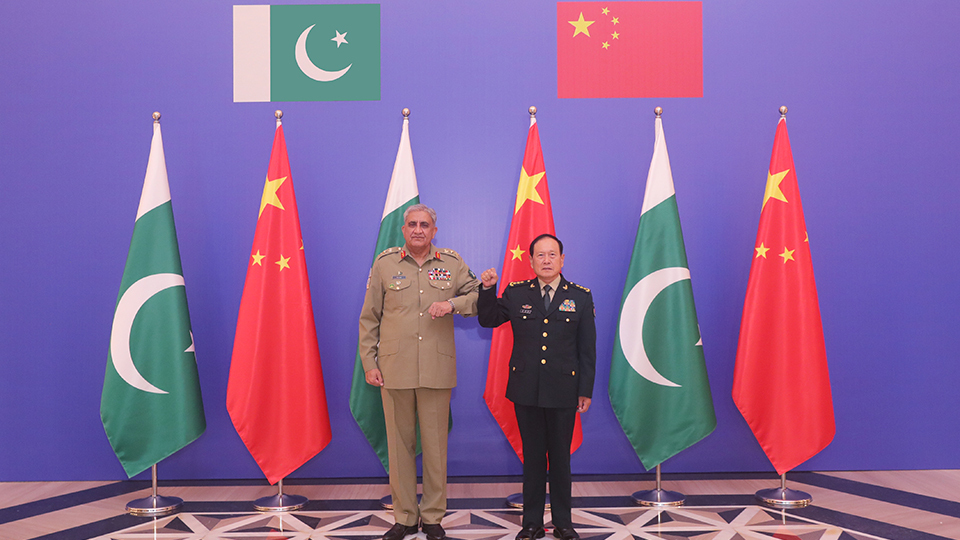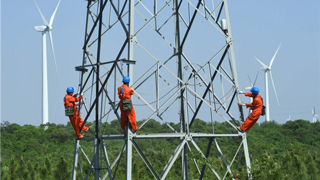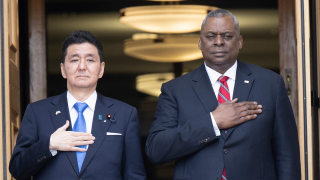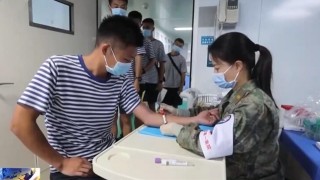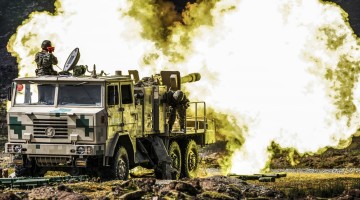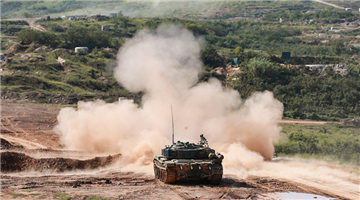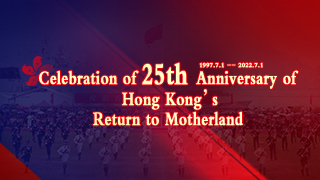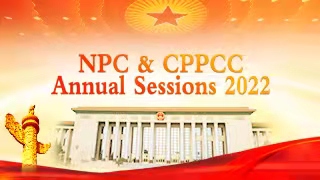* The Communist Party of China Central Committee with Comrade Xi Jinping at its core paid great attention to the election of Party congress delegates.
* Strict criteria have been set for the delegates. They must be excellent Party members in terms of ideology, political integrity, working capability and lifestyle, and performances in their own work and as delegates.
* With an average age of 52.2, the delegates include Party members of various age groups but those who joined the Party after the launch of the reform and opening up in 1978 form the majority.
* Various sectors of the society have their representatives, including the economy, science and technology, national defense, judicial, procuratorial and public security, education, publicity, culture, health care, sports and social administration.
BEIJING, Sept. 28 (Xinhua) -- The upcoming 20th National Congress of the Communist Party of China (CPC) will be attended by 2,296 delegates who went through a rigorous and meticulous election process.
Elected by 38 electoral units to represent the Party's over 96 million members, the delegates will review the work reports submitted by the 19th CPC Central Committee and the 19th CPC Central Commission for Discipline Inspection (CCDI) at the five-yearly congress in Beijing.
They will present the opinions and requests of Party members and the public, discuss and decide major issues of the Party, and elect a new CPC Central Committee and a new CCDI.
The CPC Central Committee with Comrade Xi Jinping at its core paid great attention to the election of Party congress delegates.
Xi personally planned and made election-related arrangements. He presided over Party leadership meetings to discuss this issue, setting the guiding principles, requirements, and goals and tasks for the election.
He attended multiple briefings on the progress of the election process and issued key instructions such as enhancing the Party's leadership, setting strict standards for candidates, carefully reviewing candidates' integrity, optimizing the spectrum of the delegates, and stringently enforcing electoral discipline.
The CPC Central Committee asked Party organizations at all levels to play a leading and decisive role in every aspect of the election, from the nomination and review of candidates to the voting.
RIGOROUS PROCESS
Strict criteria have been set for the delegates. They must be excellent Party members in terms of ideology, political integrity, working capability and lifestyle, and performances in their own work and as delegates.
A meticulous electoral process has been designed to ensure advanced nature and broad representation of the delegates.
The nomination of candidates started from the primary level with the involvement of all primary Party organizations and about 99.5 percent of the total Party members.
Efforts were made to facilitate their participation. For instance, every Party member at Peizhuang Village in central China's Henan Province received an election flowchart, which was categorized into seven sections and 25 steps.
"The chart is very clear and easy to understand," said Pei Degong, the village Party chief.
Extensive awareness campaigns were carried out and special inspection teams were set up to prevent malpractice in the election.
THE BEST OF CHINESE COMMUNISTS
With an average age of 52.2, the delegates include Party members of various age groups but those who joined the Party after the launch of the reform and opening up in 1978 form the majority.
Among the delegates, 771 are working on the frontline, accounting for 33.6 percent of the total, and more than 95 percent of the total received junior college education or higher.
A total of 619 delegates are female, and 264 are from 40 different ethnic minority groups.
Various sectors of the society have their representatives, including the economy, science and technology, national defense, judicial, procuratorial and public security, education, publicity, culture, health care, sports and social administration.
There are prominent figures among the delegates such as 85-year-old leading epidemiologist Zhong Nanshan, youth icons like short-track skater and Winter Olympic medalist Wu Dajing, Zhang Guimei, a teacher devoted to improving girls' education in mountainous areas, and astronaut Wang Yaping.
"It is an honor but also a great responsibility to be elected as a delegate," said Meng Xiangfei, chief scientist of supercomputer application research and development with China's National Supercomputer Center in Tianjin.
"As a delegate from the primary level, I will strive to meet the expectations of the Party and the people," said Zhao Jing, a machinist technician born in the 1980s.
